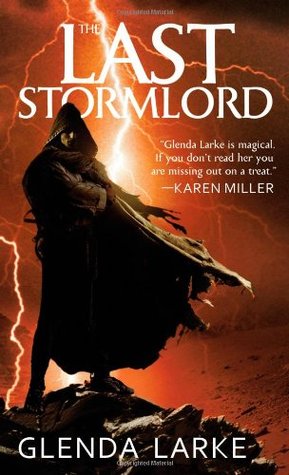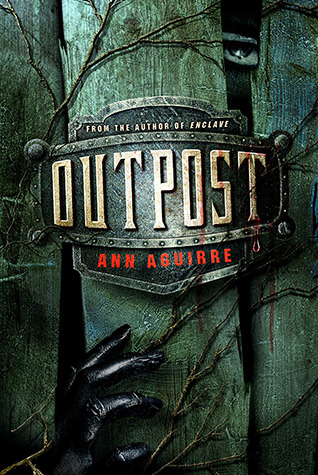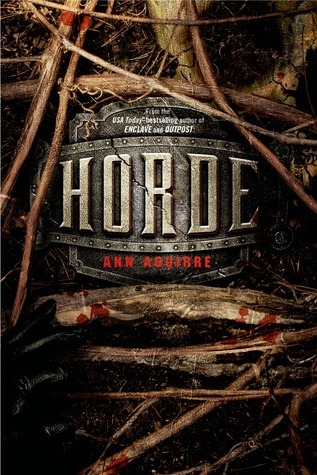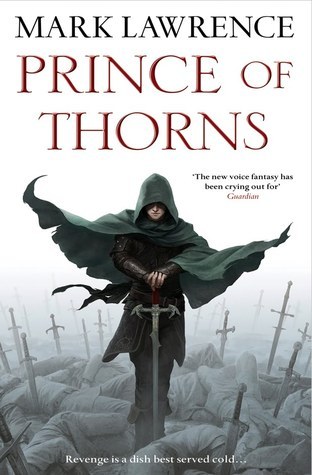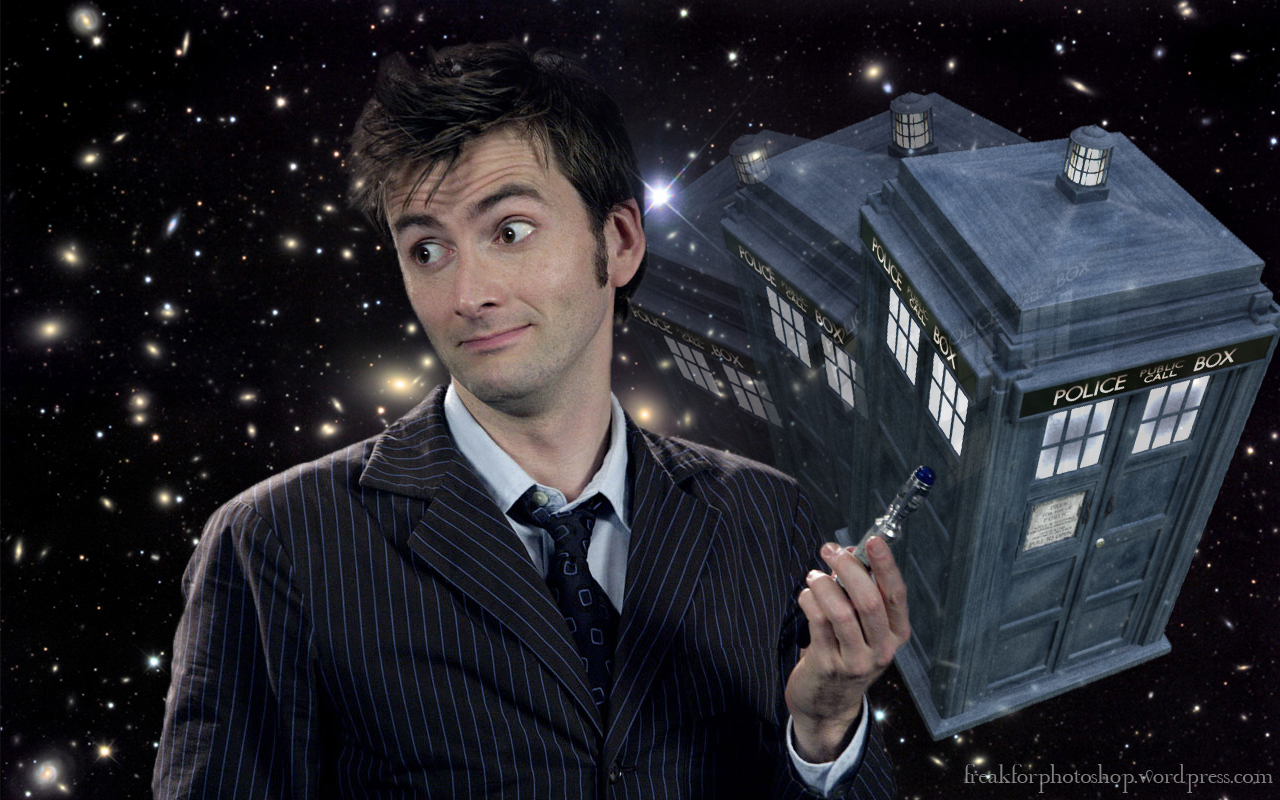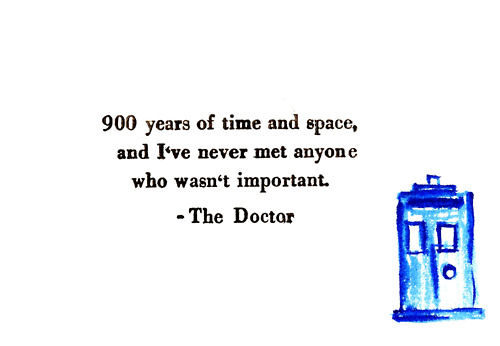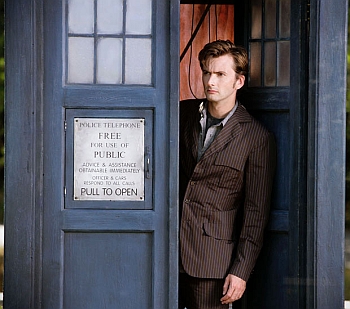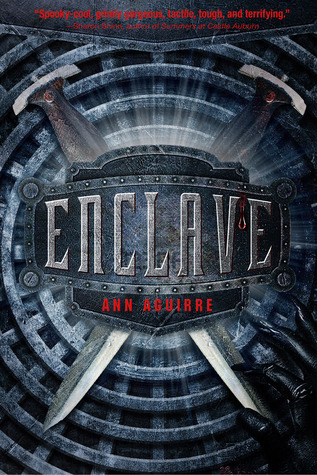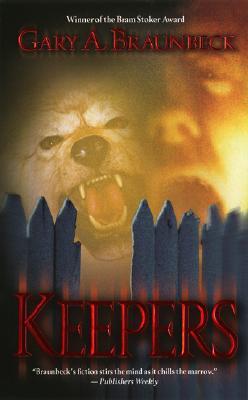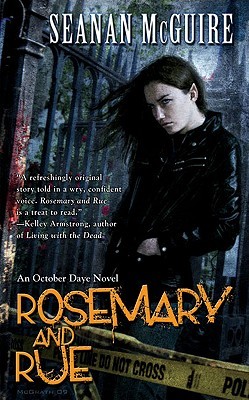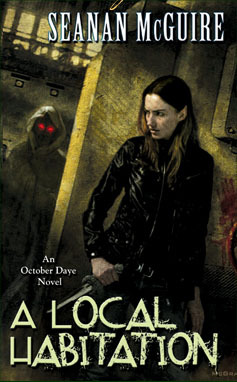Stars: 2.5 out of 5
I have very mixed feelings about this book. On one hand I loved the world Glenda Larke created, but on the other hand, the characters left me absolutely indifferent.
So let’s talk about the world first. This is a continent on which water is a precious commodity that is cherished and strictly regulated. In fact, the whole continent depends on the Stormlord to take water out of the distant sea, put it into clouds and guide those clouds towards the mountain range in the middle if the continent. There the clouds break and release the water as rain into the Mother Cistern from which it is distributed to all the cities and villages on the continent through an intricate system of tunnels and holding cisterns. Each city has its own water quota, and each citizen is given a daily ration. To be born waterless is the worst fate possible.
The system worked for centuries. So much so that everybody forgot what the time of Random Rain even was like. But now the old Stormlord is dying, and there is nobody powerful enough in water magic to take his place. Oh, there are plenty of rainlords in the cities, but none of them has the power to extract water vapor from the sea. So the whole continent is on the brink of a disaster and searching parties are sent to every single little village to test people and hopefully find a new stormlord. But the nomads of the Red Quarter are brewing a rebellion and dreaming of the return of Random Rain, and the Rainlord of one of the Scrapen cities has plans of his own. The whole continent is about to explode into violence… if it doesn’t die of dehydration first.
I loved the premise. I loved an entire society structured around the conservation of water, where every single drop is accounted for, and where water tokens are the main currency instead of gold. I think it’s a wonderful idea, and I looked forward to exploring this world.
This is where the book hit a wall, at least for me – I couldn’t empathize with the characters, and I was supposed to discover the world through their eyes.
Of the two main protagonists, Terelle rubbed me the wrong way the most. I mean she was so determined to run away and not become a snuggery girl that she ended up in even worse slavery in a way… and stayed there, not even trying to change her fate. But she kept complaining about her life constantly in her head, and the reader had to be part of all of her monologues. I wanted to shake her and yell, “If you are so unhappy, then grow a pair and CHANGE it!!! Or shut up and live with it if you are too chicken to act.” And she stayed the same throughout the book. Even in the end, when it had seemed that she had finally tried to do something about her situation, she still ended up doing what her master wanted her to do instead.
As for Shale… his whole story is a collection of tropes. Born to be the lowest of the low. Abusive father. Poor family. Tragedy that kills everyone he cares for. But he has a power that everybody wants! At this point the words Chosen One might as well start flashing over his head. This wouldn’t be too bad if the character had an interesting developmental arc in the book, but he doesn’t, at least not from my point of view. In just a couple years, he transforms from an ignorant boy who couldn’t even read and knew nothing about the world outside of his village into a young man who is more mature, educated, smart, talented (insert other qualities here) than everybody else.
That’s my other problem with this book. Apart from the two main characters, none of the supporting cast are interesting enough to empathize with. It seems that they are there to either guide our young heroes, or thwart them, or die in horrible suffering. So since I couldn’t find an emotional connection to anybody in the book, I was left watching the story unfold as an outsider. I finished the book, but I have absolutely no incentive to pick up the next one, sadly.

